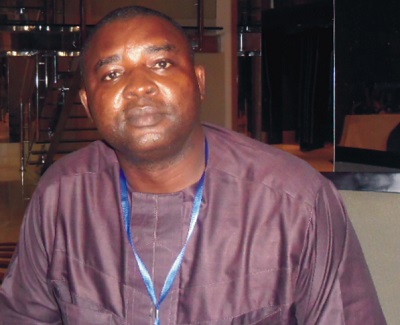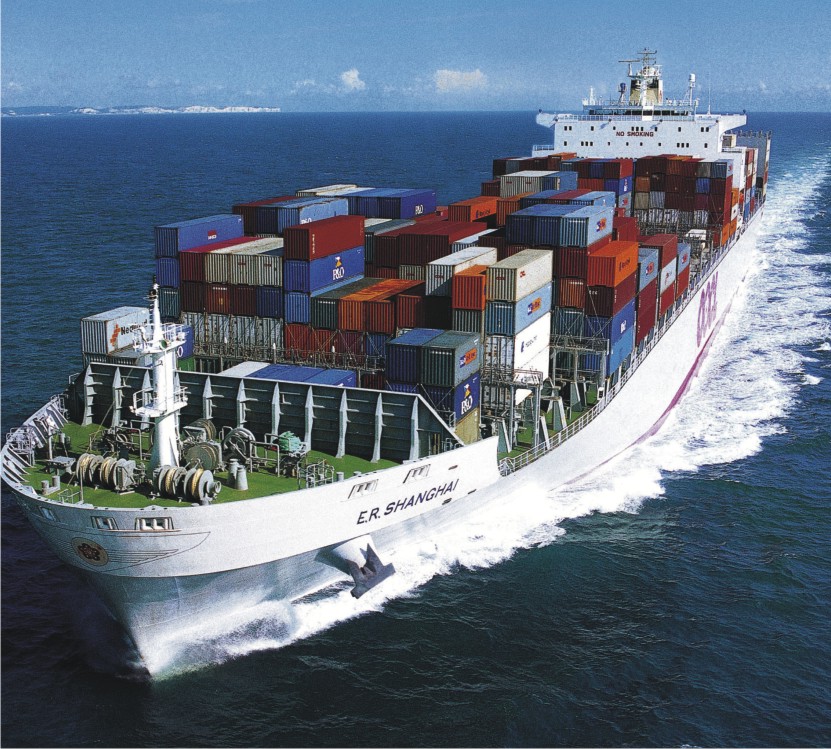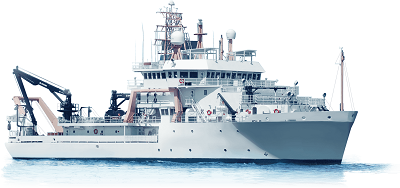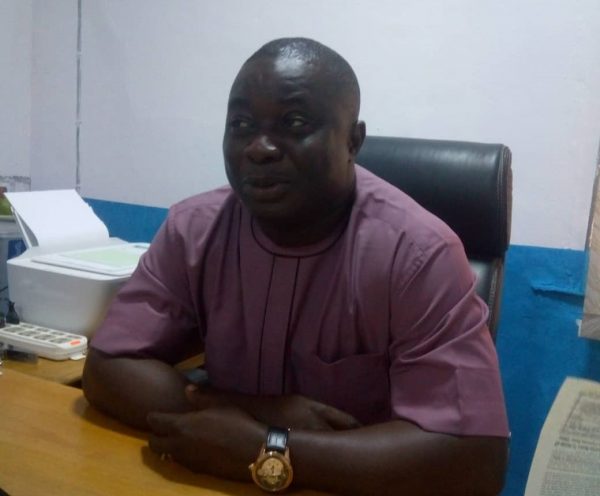Where Not To Seek Maritime Education
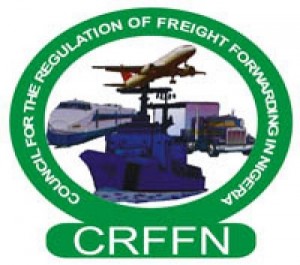 It is not every day one runs into a professor. Therefore, when MMS Plus sighted Professor Abimaje Akpa, former Vice Chancellor of Benue State University (BSU) at the Council for the Regulation of Freight Forwarding in Nigeria (CRFFN) headquarters recently, Kenneth Jukpor squeezed out this discussion on freight forwarding profession, its education as well as CRFFN’s responsibility in achieving global best standards in freight forwarding practice in Nigeria.
It is not every day one runs into a professor. Therefore, when MMS Plus sighted Professor Abimaje Akpa, former Vice Chancellor of Benue State University (BSU) at the Council for the Regulation of Freight Forwarding in Nigeria (CRFFN) headquarters recently, Kenneth Jukpor squeezed out this discussion on freight forwarding profession, its education as well as CRFFN’s responsibility in achieving global best standards in freight forwarding practice in Nigeria.
Excerpts…
Globally, the freight forwarding business has gone beyond just clearing containers at the ports. How does freight forwarding education in Nigeria hope to place the practitioners on the level of international best standards in the profession?
Today ,we have to live in a knowledge- driven economy and a knowledge- driven globe. The world can actually be divided into tiers, depending on how much each nation could create knowledge. Maritime business is also knowledge driven, particularly in this age of ICT. So you cannot just delve into maritime education without the requisite skills and knowledge. We are talking about professional skills and knowledge but where do we develop these skills? It must be from the academic point of view through refined institutions.
The issue is that the freight forwarding sector is one that was dominated by quacks in the past and this was giving Nigeria a very bad image on the global scene. The holistic move now is to professionalize the freight forwarding sub-sector. A profession is a body of people with specialized knowledge and if we must professionalize maritime business, then we must develop a specialized body of skills and knowledge for them. In this regard, I think what is happening now is a welcome development as the Council for Regulation of Freight Forwarding in Nigeria (CRFFN) is ensuring uniform global standards and yet with local relevance in our freight forwarding institutions. This will aid the industry to develop to the level it should be.
Most students and practitioners would rather go abroad to study freight forwarding courses. As a stakeholder in a government varsity how has the journey been considering the preference on foreign trained/certification especially by employers?
Most countries are now looking inwards and this isn’t as a result of a desire to cut cost but it is because education must be environment relevant. If you go abroad to be trained, most of the skills that you may be bringing back may not have local content that you will get if you had studied here in Nigeria. That is one of benefits of studying here rather than going abroad.
Americans train their freight forwarders to meet their own needs; Japan, Malaysia and several other foreign countries also do that and their needs are not necessarily the same with Nigeria. Despite the fact that we talk about the international federation standards, each country has its unique needs which must be met by its education. I think it is a good thing that we begin to support and promote the culture of training our freight forwarders here in the country. The CRFFN is taking a good step in the direction by packaging our curriculum to reflect our peculiarities.
So what role does Council for Regulation of Freight Forwarders in Nigeria (CRFFN) play with regards to positioning freight forwarding institutions, the profession and its practitioners on par with their international counterparts?
The major assignment for CRFFN statutorily is to train freight forwarders and make freight forwarding as a profession an international affair by raising the standards. CRFFN is a regulation council which does two main jobs. One is to be in the fore-front of professionalizing the freight forwarding business. The other function is to ensure that the quacks that have been practicing as freight forwarders or in any other capacity are forced out if they refuse to upgrade themselves. The council should be properly strengthened and empowered so it can effectively fulfill this mandate of kicking out quacks from the industry. The council is the major player here as the regulator and it should play a profound role in the march forward for the sector.
What were the high points of the just concluded CRFFN meeting with accredited training institutions?
The major issue in the meeting was the focus on need to professionalize, and professionalism means the academia must be brought into it. This is why some programmes have been setup in different academic institutions to keep students abreast with trending global standards. Another high point is that certain people have keyed into these FIATA (International Federation of Freight Forwarders) programmes and they are about to graduate because as these things are happening the world would know what the council is doing and that Nigeria is moving forward to take her place in the comity of nations with regard to maritime. CRFFN was set up to train people and this graduation is as a result of one of such trainings by FIATA trainers. We have set-up a committee to be in charge of planning and executing the maiden convocation ceremony. The meeting was good and the few things we discussed were very significant.
What advice would you give to other freight forwarding agencies and institutions?
CRFFN is out to ensure standardization of FIATA programmes in indigenous institutions and also ensure the practice of freight forwarding is carried out by professionals. All stakeholders should be aware that the game is changing and I see the CRFFN as the game changer. All institutions should put their hands on deck because they cannot do things their way anymore. They must work in sync with the council with same unity of purpose that you will find when you see soldier ants marching in one line. Everybody should key into the mantra of change that has begun at the CRFFN.
Recently the International Maritime Organization (IMO) elected a new council for the 2016/2017 biennium and five (5) African countries were elected into that council but Nigeria was not represented. What is your take on this?
It is definitely a shame that we are not in the IMO Council, but it is also like our absence from the security council of the United Nations (UN) and we are fighting for it. We must start the fight to be there in order to be recognized and relevant. Nigeria wants to make an impact internationally. We want to be seen and known wherever it matters and the IMO is where it matters in maritime on the global scene so we must make efforts to get there. This should be a clarion call to Nigeria since we pride ourselves as the giant of Africa. Eventually, we will get there.





